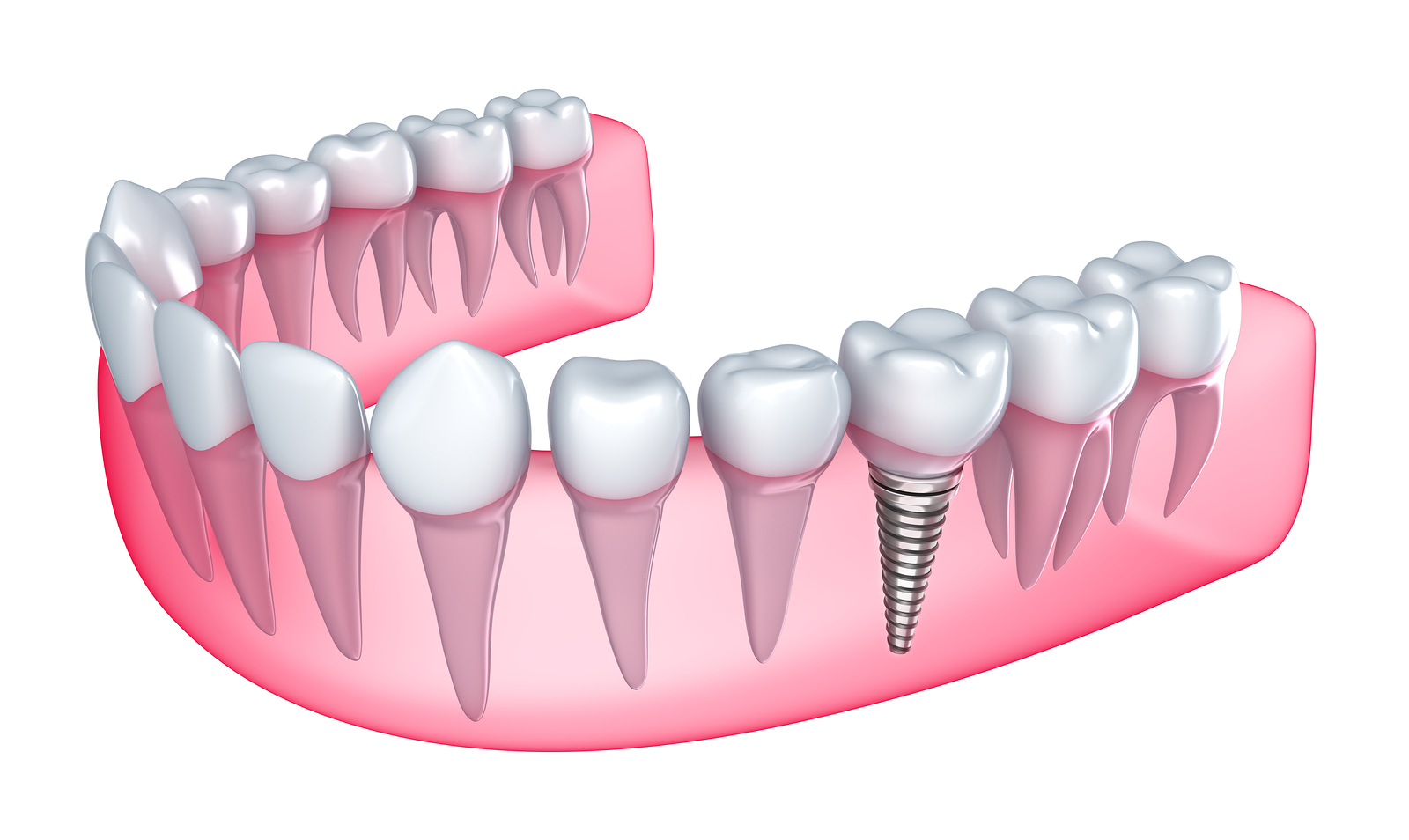10 Signs of Anorexia: When To See a Doctor
Eating disorders have been a part of society for thousands of years, but today’s image-focused social media world has brought an increase in dangerous conditions like anorexia nervosa.
Referred to as anorexia, this eating disorder occurs when a person has a distorted perception of their body weight and shape linked with an extreme fear of weight gain. Those with anorexia go to significant lengths to ensure they control their body shape, often in ways that are damaging to their overall health.
Anorexia is frequently characterized by a severe restriction of food intake, but that isn’t the only sign of this condition. Exploring symptoms of anorexia can help you understand if you or someone you love has this unhealthy eating disorder. Here, we’ll discuss 10 signs of anorexia and when seeing a doctor should be in your future.
1. Extreme Weight Loss
The most obvious sign of anorexia is a fast, visible drop in weight or unachieved gains in weight that would be developmentally appropriate. Unlike healthy forms of weight loss, the decline in weight due to anorexia comes from starvation, which brings with it other symptoms linked to nutrient deficiency.
2. Fatigue
The food we choose to add to our diets plays a substantial role in providing energy to sustain us through the day. Because those with anorexia restrict their calorie intake, they’re frequently tired. However, due to the same nutrient problem, they don’t have the natural cycle of sleep healthy bodies have and struggle with insomnia.
3. Dizziness and Fainting
The food we eat fuels our bodies and nourishes our blood cells, ensuring we have healthy blood pressure and oxygen circulating throughout our systems. But anorexia’s severe restriction of these nutrients causes those who suffer from this condition to feel dizzy, particularly when they move from a laying or sitting position to standing, sometimes resulting in fainting.
4. Discolored Fingers
The body’s circulation brings blood to all the extremities, leaving behind a healthy, pinkish color in the nailbeds and fingers. An easy warning sign that you aren’t getting enough oxygen is when your fingers become discolored, turning blue. This sign means it’s essential to get to the doctor fast.
5. Thinning, Easily Breakable Hair
Your hair is made healthy from vitamins like keratin and biotin. Without these nutrients, hair becomes brittle, falls out in clumps, and thins. If your hair is changing its texture and thickness, nutrient deficiency is usually the culprit.
6. Hair Covering the Body
We all have hair that covers our body in strategic places, like our arms and legs, but that hair is common and expected. When you begin to develop atypical, soft, downy hair in places that you never had it before, it’s a strong sign that anorexia is taking a toll.
7. Skipped Menstrual Periods
Females who develop normally experience regular menstrual periods each month unless they are pregnant or have a condition that affects their cycle. In the case of anorexia, the hormone imbalance that occurs from a nutrient deficiency may inhibit menstruation.
8. Severely Dried Skin
Like all organs, skin cells require water to keep them healthy. It’s normal for our skin to “dry out” when we’re dehydrated or in arid climates. But when a person is struggling with anorexia, this dryness becomes severe. The official term for it is xerosis, and this cracked, chapped skin can become painful and dangerous.
9. Constipation/Abdominal Pain
Our bodies need fiber and other nutrients to clear out the intestinal path. When you’re cramping, constipated, or otherwise in pain in the abdomen area, it’s a serious warning sign that your digestive system is not functioning healthily.
10. Teeth Decay
Teeth, like bones, require calcium and other essential vitamins to remain healthy and strong. Anorexia ensures your body doesn’t get the nutrients it needs, and your teeth will begin to show signs of weakness such as erosion, yellowing, and decay.
Don’t Wait, Get Help Today
If you or someone you love is struggling with anorexia, it isn’t something you usually “shake off.” This is a serious medical condition that will affect your physical and mental health, and you shouldn’t wait to get help. Contact your doctor or an eating disorder specialist today.




